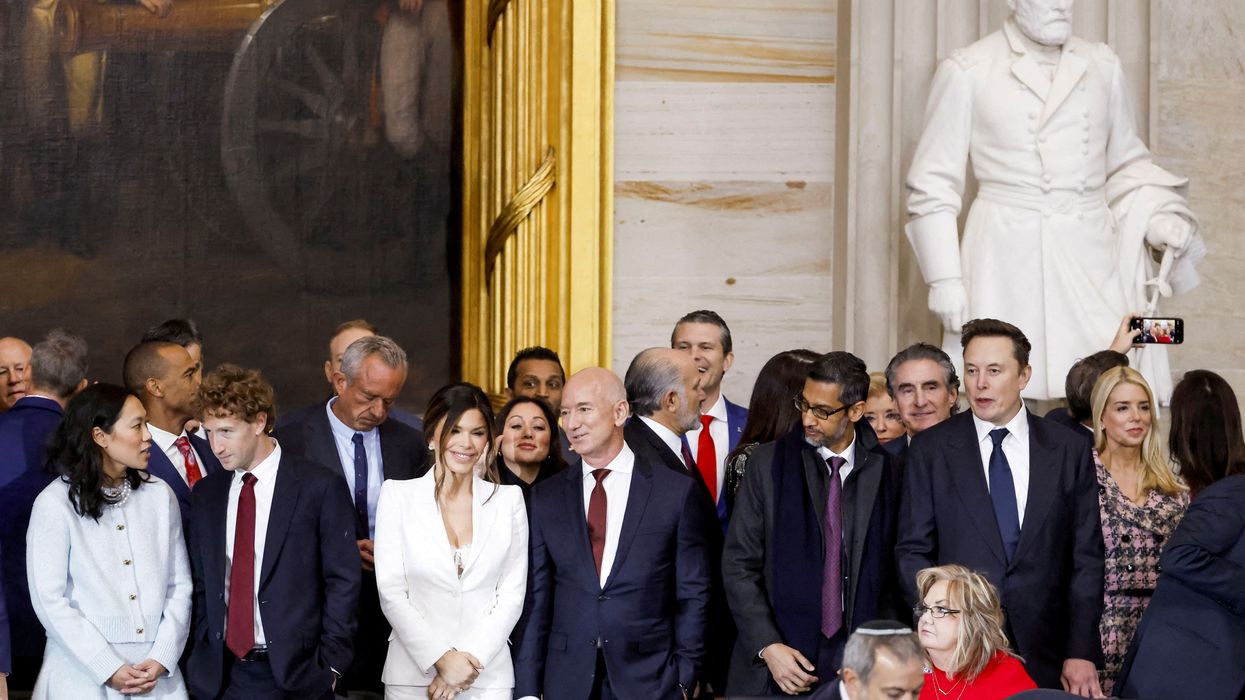In her commentary piece "Stop Worshiping the American Tech Giants," Lina M. Khan, former head of the Federal Trade Commission, presents a compelling argument against the unquestioned dominance of American technology companies.
Khan begins by addressing the recent breakthrough of Chinese AI firm DeepSeek, which she describes as "the canary in the coal mine," warning of the vulnerability of the U.S. tech industry due to lack of competition.
She then challenges the narrative pushed by America's dominant tech firms that they alone can develop the best AI technology and that this requires enormous investment. She points out that despite these companies being "awash in cash, computing power and data capacity" and enjoying numerous advantages, they are still being "challenged on the cheap" by foreign competitors like DeepSeek.
The author traces this vulnerability to the tech giants' focus on maintaining dominance through acquisitions and building "anticompetitive moats" rather than innovating. She argues that over the last decade, "big tech chief executives have seemed more adept at reinventing themselves to suit the politics of the moment... than on pioneering new pathbreaking innovations and breakthrough technologies."
Warning against treating these companies as "national champions," Khan cites Boeing as a cautionary tale. She contrasts this approach with the government's past enforcement of antitrust laws against companies like AT&T, IBM, and Microsoft, which she credits for creating the competitive environment that fostered Silicon Valley's growth.
ALSO READ: Musk is on an 'authoritarian rampage' — but it isn't just ideological: DC insider
The commentary emphasizes that "breakthrough innovations have historically come from disruptive outsiders," rather than established monopolies. Khan illustrates this point with the example of Google's Transformer architecture, which was only fully realized when researchers left to join or found new companies.
As an antitrust enforcer at the Federal Trade Commission, Khan advocated for more openness in AI development, arguing that developers should "release enough information about their models to allow smaller players and upstarts to bring their ideas to market without being beholden to dominant firms' pricing or access restrictions."
Khan concludes by urging policymakers to be wary of tech giants' requests for special protections. She argues that the recent antitrust lawsuits against these companies during the Trump and Biden administrations were justified, as these firms had "undermined innovation and deprived America of the benefits that free and fair competition delivers." Her final message is clear: "The best way for the United States to stay ahead globally is by promoting competition at home."
NOW READ: Delusion: The mental state that drives Trump's hardcore supporters with scary accuracy


